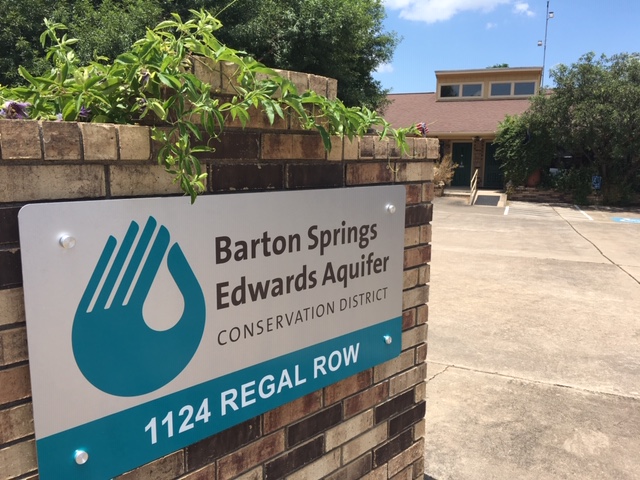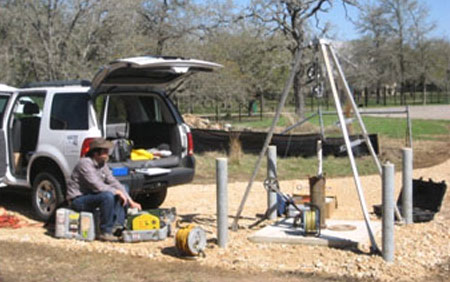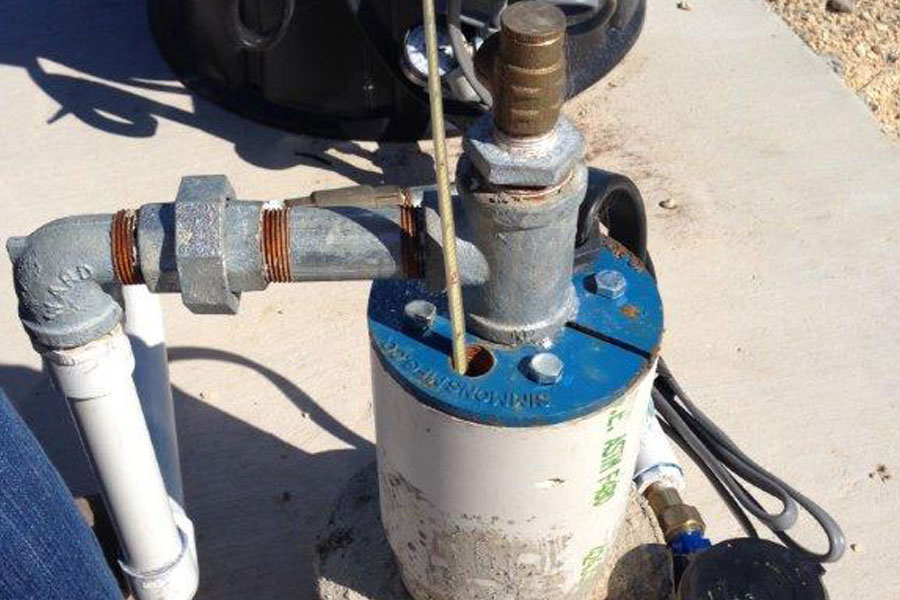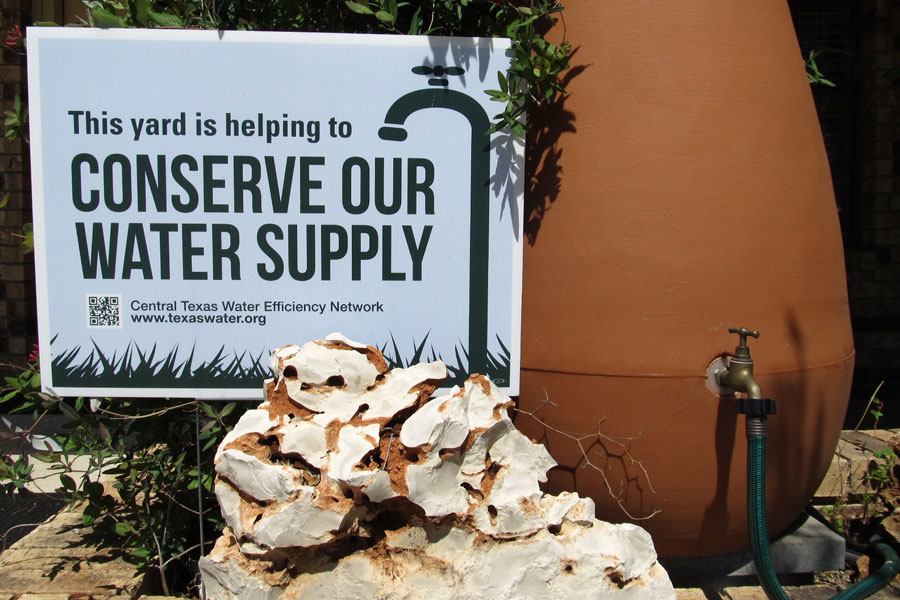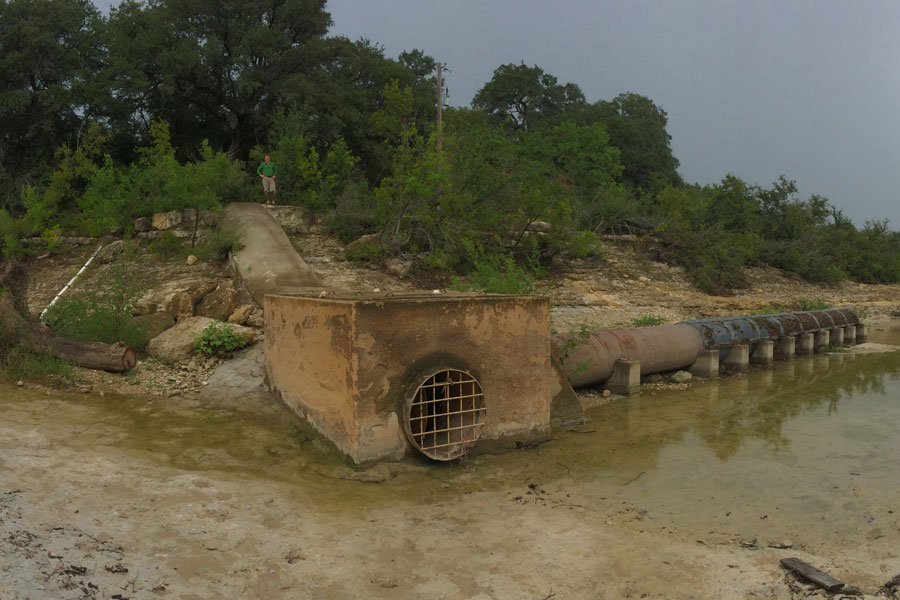Refining the Freshwater/Saline-Water Interface, Edwards Aquifer, Hays and Travis Counties, Texas
Report: View
Topic: Saline-Water Zone/ASR
Source: BSEACD
Format: Report of Investigations
Year: 2014
This study refines the freshwater/saline-water interface in the Edwards Aquifer of Travis and Hays Counties based upon 855 data points compiled from measured or estimated total dissolved solids (TDS)
in groundwater. Changes to the boundary include localized lateral shifts of up to 1.3 miles and an apparent net loss of 3.8 mi2 of areal extent of freshwater aquifer. The freshwater/saline-water interface as mapped is a two-dimensional estimate of a very complex three-dimensional boundary. As with any mapped boundary, there is inherent uncertainty of the exact location and geometry of the interface. Studies suggest the interface appears to be relatively stable over time in the Barton Springs segment of the Edwards Aquifer. Variation in TDS values measured in wells along the interface could be due to localized flow within boreholes rather than true encroachment of the saline zone. Although saline
encroachment does not appear to be a threat to freshwater supplies, changes in the springflow chemistry at Barton Springs suggests some leakage from the saline zone under drought conditions. This improved boundary map has relevance to future water availability (aquifer storage and recovery, desalination), karst speleogenesis (hypogene processes), groundwater flow, and groundwater management.
